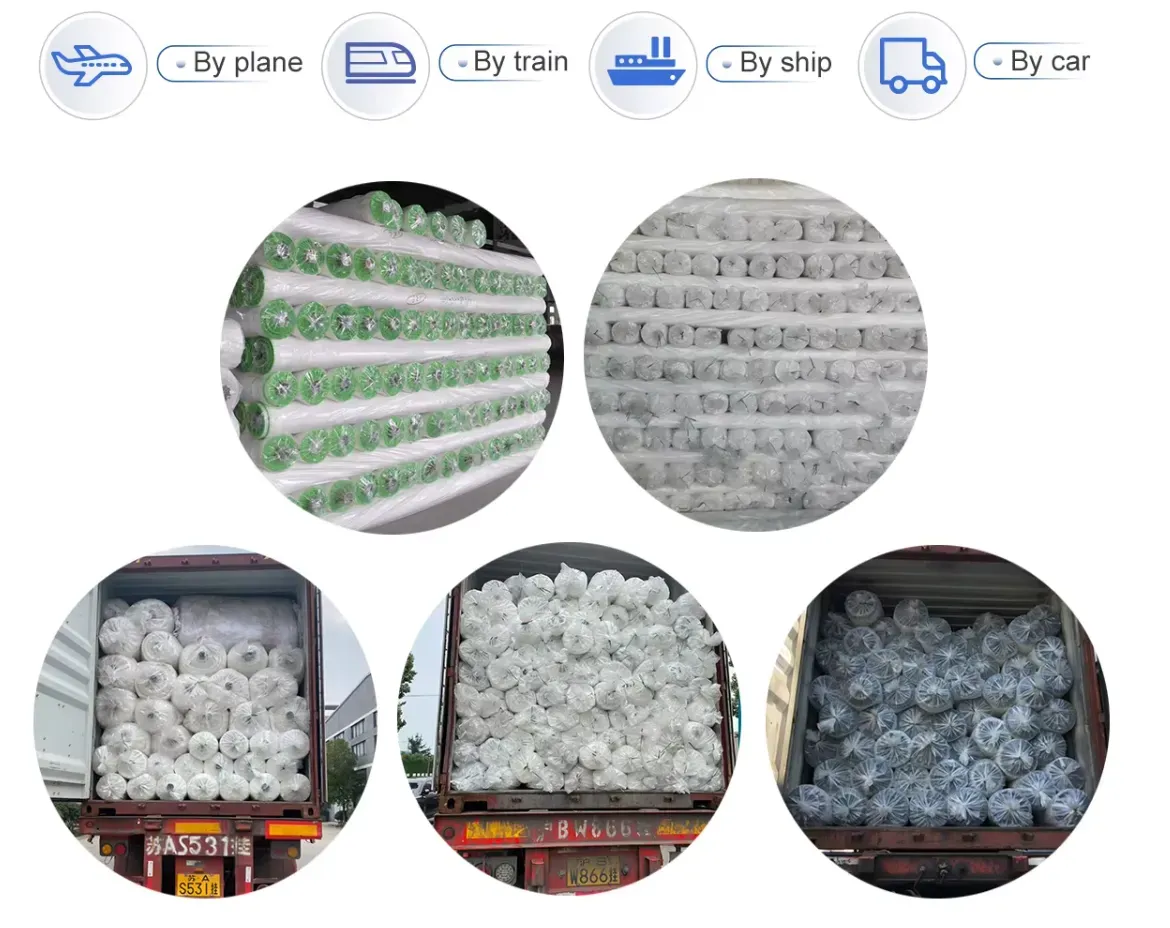-
 Afrikaans
Afrikaans -
 Albanian
Albanian -
 Amharic
Amharic -
 Arabic
Arabic -
 Armenian
Armenian -
 Azerbaijani
Azerbaijani -
 Basque
Basque -
 Belarusian
Belarusian -
 Bengali
Bengali -
 Bosnian
Bosnian -
 Bulgarian
Bulgarian -
 Catalan
Catalan -
 Cebuano
Cebuano -
 China
China -
 Corsican
Corsican -
 Croatian
Croatian -
 Czech
Czech -
 Danish
Danish -
 Dutch
Dutch -
 English
English -
 Esperanto
Esperanto -
 Estonian
Estonian -
 Finnish
Finnish -
 French
French -
 Frisian
Frisian -
 Galician
Galician -
 Georgian
Georgian -
 German
German -
 Greek
Greek -
 Gujarati
Gujarati -
 Haitian Creole
Haitian Creole -
 hausa
hausa -
 hawaiian
hawaiian -
 Hebrew
Hebrew -
 Hindi
Hindi -
 Miao
Miao -
 Hungarian
Hungarian -
 Icelandic
Icelandic -
 igbo
igbo -
 Indonesian
Indonesian -
 irish
irish -
 Italian
Italian -
 Japanese
Japanese -
 Javanese
Javanese -
 Kannada
Kannada -
 kazakh
kazakh -
 Khmer
Khmer -
 Rwandese
Rwandese -
 Korean
Korean -
 Kurdish
Kurdish -
 Kyrgyz
Kyrgyz -
 Lao
Lao -
 Latin
Latin -
 Latvian
Latvian -
 Lithuanian
Lithuanian -
 Luxembourgish
Luxembourgish -
 Macedonian
Macedonian -
 Malgashi
Malgashi -
 Malay
Malay -
 Malayalam
Malayalam -
 Maltese
Maltese -
 Maori
Maori -
 Marathi
Marathi -
 Mongolian
Mongolian -
 Myanmar
Myanmar -
 Nepali
Nepali -
 Norwegian
Norwegian -
 Norwegian
Norwegian -
 Occitan
Occitan -
 Pashto
Pashto -
 Persian
Persian -
 Polish
Polish -
 Portuguese
Portuguese -
 Punjabi
Punjabi -
 Romanian
Romanian -
 Russian
Russian -
 Samoan
Samoan -
 Scottish Gaelic
Scottish Gaelic -
 Serbian
Serbian -
 Sesotho
Sesotho -
 Shona
Shona -
 Sindhi
Sindhi -
 Sinhala
Sinhala -
 Slovak
Slovak -
 Slovenian
Slovenian -
 Somali
Somali -
 Spanish
Spanish -
 Sundanese
Sundanese -
 Swahili
Swahili -
 Swedish
Swedish -
 Tagalog
Tagalog -
 Tajik
Tajik -
 Tamil
Tamil -
 Tatar
Tatar -
 Telugu
Telugu -
 Thai
Thai -
 Turkish
Turkish -
 Turkmen
Turkmen -
 Ukrainian
Ukrainian -
 Urdu
Urdu -
 Uighur
Uighur -
 Uzbek
Uzbek -
 Vietnamese
Vietnamese -
 Welsh
Welsh -
 Bantu
Bantu -
 Yiddish
Yiddish -
 Yoruba
Yoruba -
 Zulu
Zulu
farm netting
Farm netting has become an indispensable component in modern agriculture, offering a robust solution to a wide array of challenges faced by farmers. As an expert in agricultural technologies, my experience confirms that optimum utilization of farm netting not only enhances crop yield but also contributes significantly to sustainable farming practices.

Through years of research and field trials, it is evident that farm netting serves multiple purposes, from protecting crops against harsh weather conditions to mitigating pest attacks. The versatility of farm netting makes it an essential tool for farmers seeking to boost productivity and ensure crop safety.
One of the primary advantages of farm netting is its ability to shield crops from extreme weather. Weather phenomena such as hail, strong winds, and excessive sunlight can wreak havoc on unprotected crops. With my extensive experience, I've observed that polyethylene nets, known for their durability and UV resistance, effectively guard crops against these elements. By maintaining an ideal microclimate, farm netting helps in reducing stress on plants, promoting growth, and preventing crop damage.

Moreover, farm netting plays a vital role in pest management. Insects and birds are notorious for damaging crops, leading to significant losses. Using fine mesh netting as a barrier creates a physical deterrent against these pests without resorting to chemical pesticides. Not only does this promote organic farming practices, but it also enhances the quality of produce. Farmers have noted increased consumer trust and demand for organically grown and chemical-free products, thereby elevating their market position.
farm netting
Another noteworthy application of farm netting is in water conservation. Agricultural water management is crucial, especially in arid regions where water scarcity is prevalent. Netting systems effectively reduce evaporation rates and help in conserving soil moisture. This is substantiated by research studies indicating that appropriately installed nets can reduce water usage by up to 30%, leading to more sustainable water resource management on farms.
For fruit and vegetable cultivation, shading nets come highly recommended by agricultural experts. These nets regulate temperature and light exposure, minimizing sunburnt produce, and ensuring even ripening. This aspect of farm netting is pivotal in achieving high-quality yields that satisfy both local and global market standards. In my experience, the strategic use of shading nets has been a game-changer for farmers looking to penetrate competitive markets with superior-quality produce.
The industry continues to innovate, with companies developing eco-friendly farm netting solutions. Eco-conscientious consumers prefer products that align with environmental sustainability, and biodegradable netting is gaining traction for this reason. It's imperative for farm operators to adapt to these trends to maintain credibility and trustworthiness with consumers.
In conclusion, the strategic implementation of farm netting can revolutionize farming practices. Its multifunctionality extends beyond protection, contributing to sustainable agricultural development and improving profitability. As a testament to its effectiveness, numerous field studies and satisfied farmer testimonials reinforce the importance of integrating farm netting into agricultural practices. My firsthand experience and expertise confirm that farm netting is not just a preventive measure but a transformative tool that empowers farmers to achieve higher efficacy and environmental stewardship in their operations.
-
Shipping Plastic Bags for Every NeedNewsJul.24,2025
-
Safety Netting: Your Shield in ConstructionNewsJul.24,2025
-
Plastic Mesh Netting for Everyday UseNewsJul.24,2025
-
Nylon Netting for Every UseNewsJul.24,2025
-
Mesh Breeder Box for Fish TanksNewsJul.24,2025
-
Expanded Steel Mesh Offers Durable VersatilityNewsJul.24,2025











